
Does Your Insurance Cover That?
No one likes to think about disasters. But here in California, we have more than our share. Severe weather, fire, theft—or even a seemingly small issue like a broken pipe—can wreak havoc on your home and result in thousands of dollars in damages. Fortunately, a good homeowners insurance policy can offer you peace of mind that you and your family will be financially protected if disaster strikes.
If you’re thinking, “I already have homeowners insurance, I don’t need to read the rest of this!“, think again. Things may have changed since you bought your policy, and probably since you bought your home. You may be well underinsured, and that could become a disaster in itself. I urge you to spend a few minutes and read the rest of the article.
A homeowner’s insurance policy covers your home—as well as the belongings in it—in case of theft, accidental damage, or certain natural disasters. In fact, most lenders require that you buy homeowners insurance before they approve a mortgage. While coverage varies, most policies also help to protect you from liability should someone outside your household become injured on your property. And that liability coverage is often extended to include damage you (or anyone living in your household) may do to someone else’s property.
With all the protection offered, it’s equally important to understand what a home insurance policy does NOT cover. For example, homeowners insurance won’t pay to repair malfunctioning systems and appliances within your home. Terms vary, but standard policies typically exclude coverage related to floods, earthquakes, slow leaks, power failure, neglect, aging, faulty repairs or construction materials, and acts of war.
Homeowners Insurance Covers Things Like:
● Structure
● Roof
● Windows
● Loss of Use
● Detached Garage/Fences
● Furniture/Personal Belongings
● Liability for Non-Residents Injured on Property
● Liability for Damage or Injury Caused by You or Your Pets
Most Standard Policies DON’T Cover:
● Malfunctioning Systems & Appliances
● Floods
● Earthquakes
● Slow Leaks
● Power Failures
● Neglect or Aging
● Faulty Repairs
● Acts of War
● Home Based Businesses
NARROWING THE COVERAGE GAP
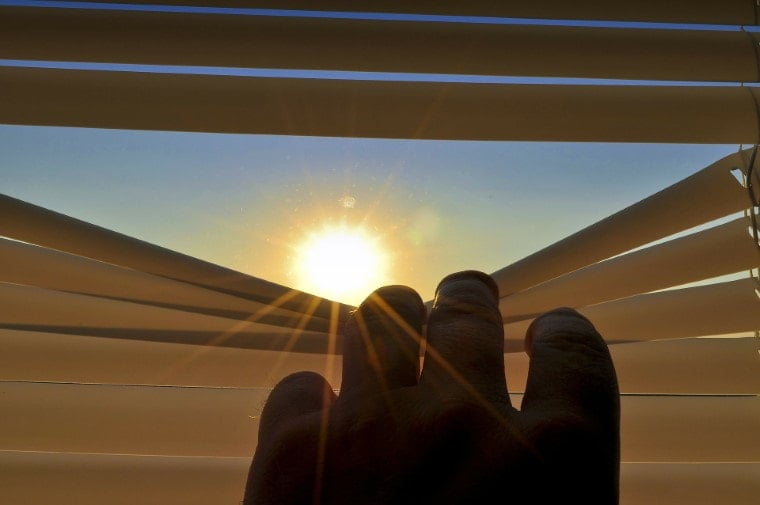
So how do you minimize your risk when so many potential issues are excluded from a standard homeowners policy? Many insurers offer supplemental coverage options that can be tacked on to a basic policy. We explore this further in the section below on “7 Tips for Purchasing Homeowners Insurance.”
Some homeowners also choose to purchase a home warranty, which covers many of the systems and appliances in your home that are NOT covered by homeowners insurance. Home warranties are separate from homeowners insurance, so if interested you’ll need to seek out a policy through a dedicated provider.
While terms vary, a home warranty will often pay to repair or replace components of your HVAC, electrical, plumbing, and some appliances that fail due to age or typical wear and tear. Unlike homeowners insurance, home warranties aren’t required by mortgage companies. But many homeowners like the added financial protection and peace of mind that home warranties provide.
Keep in mind, if you do purchase a home warranty, you will still be responsible for paying a service fee, or deductible, every time you use it. And you will be limited to using service providers who are contracted through your home warranty company. And don’t just assume everything is covered. If you’re looking for specific items to be covered such as a pool, pool equipment, or a spa, be sure to get the answers about the coverage you’re looking for before you buy.
Ask questions, get informed, get it in writing. You don’t need any more surprises after trouble strikes!
11 TIPS FOR PURCHASING HOMEOWNERS INSURANCE
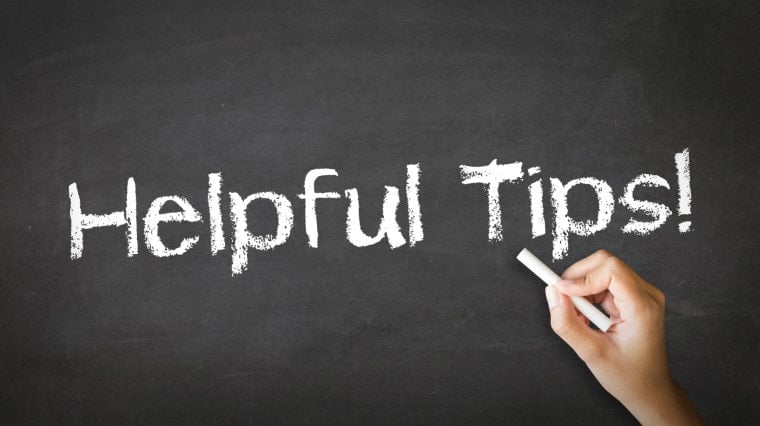
Whether you’re shopping for a new policy on your first home or you’re considering switching providers on an existing policy, it’s important to do your research beforehand. Not all insurance policies—or providers—are created equal. A little due diligence can save you time, money, and hassle in the long run.
Peril is an insurance term for a specific risk or reason for a loss. Some policies cover all perils except ones specifically excluded. At the other extreme are policies that cover only the perils named in the policy. Know your policy limits!
Perils include, but are not limited to:
Fire, smoke, windstorm, hail, lightning, explosion, vehicles, civil unrest, theft, vandalism, trees and other falling objects, weight of ice, snow, sleet, freezing, rupturing or sudden and accidental overflow of a plumbing, heating, air-conditioning or fire-sprinkler system or a household appliance, flood, earthquake, war, nuclear accident and more.
1. Prioritize Service and Value
When choosing an insurance provider, or switching to a new one, ask around for recommendations. Check with neighbors, friends, and family members, particularly those who have filed an insurance claim in the past. Find out if they had a positive or negative experience. Read online reviews. Not only for the insurance company but for the agent who will represent you. Ask your real estate agent for a referral to a reputable insurance broker who can help you compare your options.
Don’t just choose the cheapest policy. Instead, search for one that offers excellent client service and provides the best coverage for the cost.
2. Choose the Right Level of Coverage, But Don’t Underinsure
Your policy limits should be high enough to cover the cost of rebuilding your home. Don’t make the common mistake of insuring your home for the price you paid for it. The cost to rebuild could be higher or lower, depending on the value of your land, your home’s unique features, market factors, new building codes, and local construction costs.
Also, consider whether you need a higher level of liability insurance to protect your assets. If your investments and savings exceed the liability limits in your policy, you may need to purchase an excess liability or umbrella policy.
Ultimately, you should make sure your coverage is adequate to mitigate your losses—but don’t pay for excess insurance you don’t need.
3. Inquire About Additional Coverage
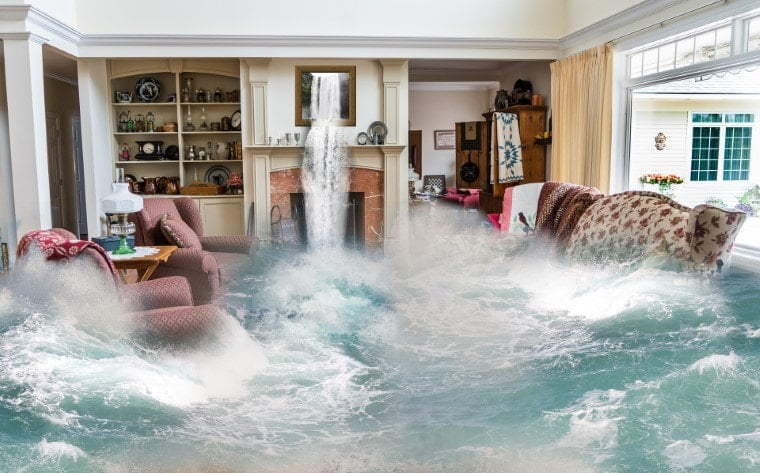
Ask your insurance agent about additional coverage options that can help close any gaps you have in your policy.
For example, if you’re in a flood or earthquake-prone area, experts strongly recommend that you add those coverages to your policy. In fact, flooding is the most frequently occurring natural hazard, and a significant percentage of insurance payouts are for homes outside “flood zones,” or areas known to be at risk of flooding. So even if your home is not technically located in a flood zone, you may want to add flood coverage to your policy, just in case.
Expensive jewelry, furs, collectibles, or artwork may not be fully insured by a standard policy. Ask about raising your limits for any items of particular value, or check with a specialty insurer about a separate policy for such items.
We highly recommend taking an inventory of your possessions once a year or more often if you make expensive purchases regularly. Take photos, write down the date of purchase, the price, and any details that would be important in the event of theft or other disasters. Save your receipts and keep them with your household inventory. Most importantly, store your photos and inventory in a safe deposit box, not in your home!
4. Decide on “Replacement Cost” or “Actual Cash Value”
Insurers can use a variety of methods to determine how much they will pay to reimburse you for a loss, but the two most common are “replacement cost” or “actual cash value.”
If your seven-year-old sofa is damaged in a fire, replacement cost coverage will pay you the cost to purchase a new, comparable sofa at today’s prices. Actual cash value coverage will pay you for the depreciated value of the sofa you lost—so what you would pay to buy a seven-year-old sofa rather than a new one.
While a replacement cost coverage policy will result in a bigger payoff if you suffer a loss, it will probably require a larger annual premium. Compare both options to find out which is the better fit for you.
5. Consider a Higher Deductible
A deductible is the amount of money you are responsible for paying on a loss before your insurance company will pay a claim. Opting for a higher deductible can reduce your premiums.
Note that in some cases, your insurance policy may have a separate or higher deductible for certain kinds of claims, such as those caused by floods, windstorms, hail, or earthquakes.
While a higher deductible can save you money on your premiums, opt for one that is still affordable given your current financial situation.
6. Try Bundling Your Coverage
Combining your home, automobile, and other policies under one insurer can often result in a significant discount. And some insurers offer additional benefits, such as a single deductible if property insured by multiple policies is damaged. For instance, if a fire destroys your home and your car, you may only have to pay the higher of the two deductibles. Bundling can also make payment and renewal of your policies more convenient.
However, bundling isn’t always the best or least expensive option. In some cases, you may find better coverage options, service, and/or pricing if you split your policies between multiple insurers. So be sure to consider all of your options before making a final decision.
7. Reassess Your Policy Each Year
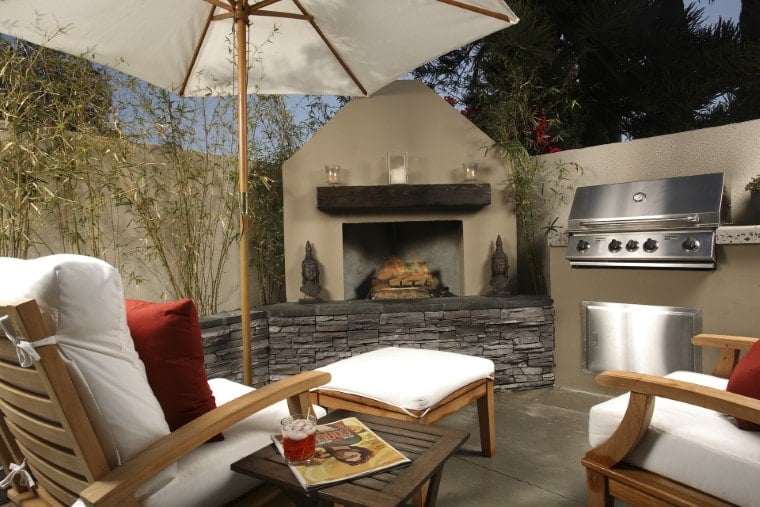
Even if you’ve done all your due diligence before purchasing a homeowners insurance policy, don’t set your annual renewal on autopilot. Instead, when it comes time to renew, take some time to consider factors that have changed over the past year.
For example, have you made any home improvements that would require you to raise your coverage limits? Have you made any security or safety improvements that qualify you for a discount on your premiums?
Has there been a shift in market conditions that would make it more or less expensive to rebuild your home now? If so, you may need to adjust your coverage levels accordingly.
If you’ve made any changes to how you use your home, you may need to adjust your policy, as well. For example, if you’ve started a home-based business or occasionally rent out your home on a home-sharing site, you may not be fully covered by your existing policy.
Finally, consider any changes to your financial situation that may require increased liability coverage limits. If you’ve grown your investments or inherited property, it may be time to purchase additional coverage to protect your expanding asset base.
8. Don’t Forget Renters Insurance
If you’re currently renting a house or apartment, you still need insurance to cover your losses. Don’t depend on your landlord’s insurance to take care of theft, or damage from natural disasters.
9. Business Use of Your Home
Do you run a business out of your home? While homeowners insurance isn’t designed to cover most business uses of your home, some policies might cover some business uses, at least partially. Some of your business assets such as computers and laptops may be covered by homeowners insurance, but check with your agent to see what the coverage is and what the policy limits are.
Always back up your computers to the cloud. Replacement of lost data, work, and intellectual property is probably not covered. This could be catastrophic, depending on your business. For example, if you are a photographer and your computer is stolen, the insurance company has no way to replace your work. You may want to consider home business insurance or get an add-on that increases your home policy to protect your business.
Consider a policy that includes injury, theft, and liability, especially if you have clients come to your home office. Be sure to explain all facets of your business practices to your agent for proper coverage.
10. Vacation and Rental Properties
It’s easy to neglect or fail to consider houses that you don’t live in full time. If you own a rental property or vacation home, you’ll want to follow the same steps for those houses that we’ve outlined here. Again, having all your insurance policies under one company can earn you a discount that can save you big bucks.
11. Know What Your HOA Dues Cover
If you live in a housing development, townhouse or condo complex that requires homeowners association (HOA) dues, it’s important to understand what the HOA insurance policy covers. Bring a copy of your HOA policy with you when you meet up with your insurance agent. Again, there will be gaps in coverage that you probably want to fill with your new or updated policy.
It’s worth learning where the HOA insurance stops and yours should begin, so as to make sure no gaps exist that could leave you without coverage after damage occurs.
MINIMIZE RISK, MAXIMIZE VALUE
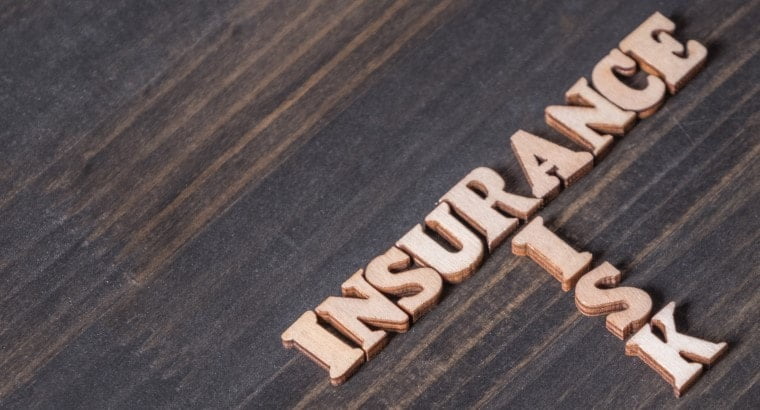
Now that you understand the basics of homeowners insurance, you should be ready to start shopping for a policy that best fits your needs and budget. Your goal should be to minimize your risk while maximizing the value your policy provides.
While you never want to leave yourself without a safety net should disaster strike, you also don’t want to overpay for insurance you don’t need (and will hopefully rarely use). Aim to strike a balance that will provide you with adequate protection at an affordable price.
It’s Up to You
You should have a copy of your new policy within 30 days of purchase. If you don’t receive one, contact the insurance company directly, not your agent. Keep your policy in a safe place. A good place to keep it is with your household inventory in a safe deposit box.
Here are a few additional tips that you’ll need to take care of:
- Pay your premiums on time. There is typically no grace period for late payments.
- Put a reminder on your calendar to do your yearly review.
- Keep meticulous records of home improvements or remodeling, new furniture, and other large purchases that you’ll want to add to your policy.
- Complete regular maintenance on your home. If you have a wood burning fireplace or stove, have the chimney cleaned every year.
- Maintain your smoke detectors, carbon monoxide detectors, deadbolts, burglar alarms, and fire sprinkler systems, if you have them.
NEED MORE GUIDANCE? WE CAN HELP
We think it’s safe to say, no one loves paying insurance premiums. But it’s the smart move. Insuring your biggest investment for possible loss, damage or accident can save you big time, and avoid financial ruin. Take some time to see how out of pocket replacement costs would affect you in a worst-case scenario.
If you’re in the market to purchase homeowners insurance or a home warranty, give us a call!
(925) 628-2436
We get a lot of feedback from clients on the best (and worst) providers and are happy to share what we know.
We can also put you in touch with a trusted insurance professional who can answer your questions and help you find the best policy to meet your needs.
The above article references an opinion and is for informational purposes only. It is not intended to be financial or insurance advice. We are not lawyers, insurance agents, or financial advisors. Consult the appropriate professionals for advice regarding your individual needs. With regard to referrals, we urge you to perform your own due diligence before hiring anyone or any company.
Did you find this article helpful? Please consider sharing it with your family and friends on your favorite social media site using the share buttons below.





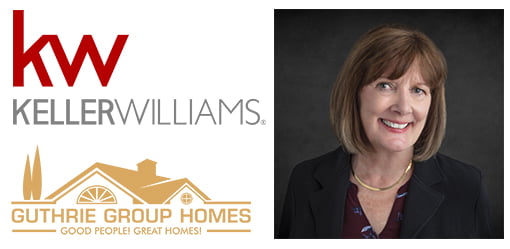
Leave a Reply